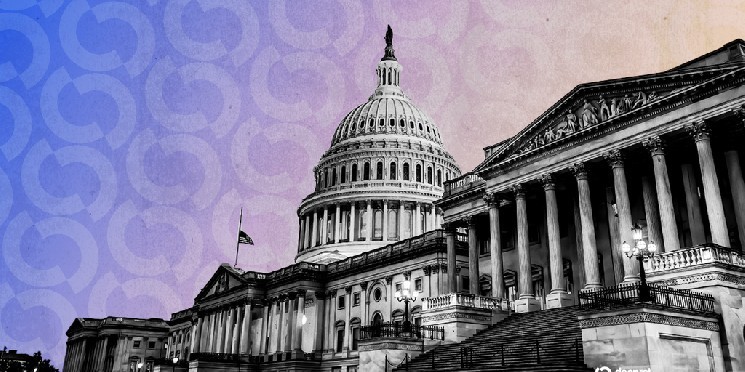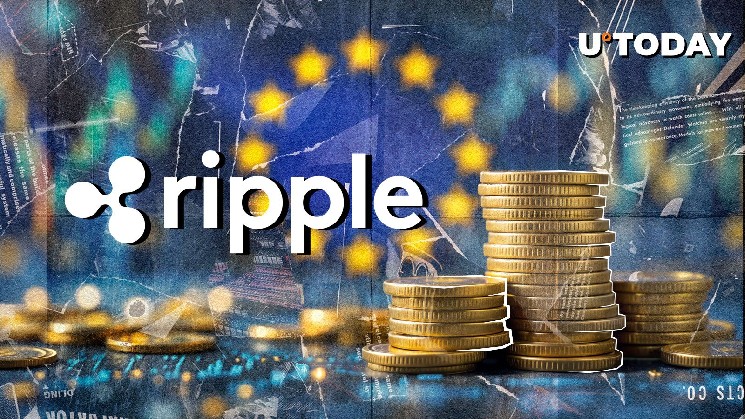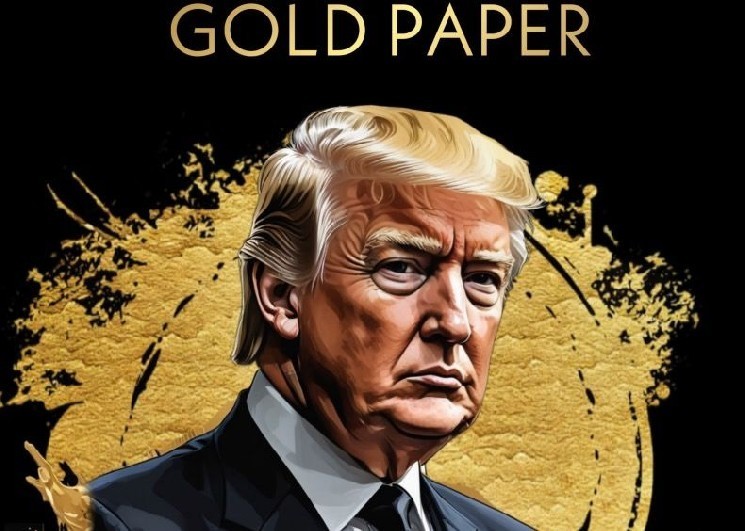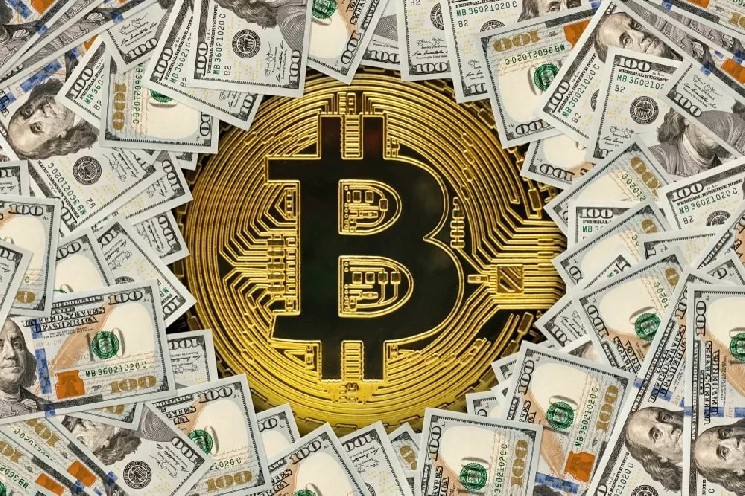Republican Sen. Bill Hagerty (R-TN) argued in an interview that the GENIUS Act will boost demand for U.S. Treasuries and reinforce the U.S. dollar’s status as the world’s reserve currency.
Speaking to Squawk Box on CNBC, Hagerty explained that the bill—which recently passed a key Senate vote—will establish a framework through which entities can legally issue stablecoins.
And a key requirement of the bill is that any “permitted payment stablecoin issuer” shall maintain reserves on at least a 1:1 basis, with accepted reserves including cash and U.S. Treasury bills (with a maturity of no more than 93 days), money received under repurchase agreements, or reverse repurchase agreements.
Hagerty focused on cash and U.S. Treasuries in his interview, informing host Andrew Ross Sorkin that reserves would not be permitted to include equities.
“It’s not going to be equities, it’s going to be high quality, short-term assets, either […] short-term U.S. Treasuries or cash,” he said. “I think the majority of it will be U.S. Treasuries.”
More interestingly, Hagerty referenced projections from Citibank, which suggest that, by 2030, stablecoin issuers could be the largest holders of U.S. Treasuries in the world.
“This will actually perpetuate the dollar’s value as a reserve currency,” he said. “It will extend that momentum, it’s going to extend demand for U.S. Treasuries; there’s a lot to like about this.”
In fact, Citibank’s research estimates that stablecoin issuers could hold U.S. Treasuries worth $1.2 trillion by 2030, something which could have a profound effect on markets and on the global economy, according to experts.
“If [stablecoin issuers] were to make up a significant portion of overall demand, then there’s a risk that this could destabilise the U.S. Treasury market,” says Trade Nation Senior Market Analyst David Morrison, speaking to Decrypt.
Morrison suggests that instability could come in “the form of a run” on U.S. Treasuries, should investors lose faith in a stablecoin and want to cash out en masse.
“But there’s also concentration risk to consider too, particularly at the short end of the Treasury market,” he says. “There’s also the issue of certain stablecoins becoming too big to fail, as well as issues in rolling over short-term Treasuries in scale, particularly when there’s interest rate uncertainty.”
While Morrison concedes that it’s still too early to know how likely such a danger is, he affirms that it is “a major potential downside,” and other experts hold similar views.
“[The bill] could lead to an enormous market rebasing from TradFi instruments into stablecoins,” says Swarm co-founder Philipp Pieper, who acknowledges that “the potential economic implications [of the bill] are also fairly profound.”
He tells Decrypt, “While this on the face of it is transferring one technological model for another to own the same underlying asset, depending on how this activity pans out it could have all manner of unintended consequences in markets—and therefore economies.”
One possible effect of the push by stablecoin companies to hold reserves in U.S. Treasuries is that it “could push prices higher and yields lower,” which according to Pieper would be good for the U.S. Government in its efforts to deal with high debt levels.
“One potential outcome is also, that it might let the dollar regain ground globally, where otherwise other digital currencies might have had the edge,” he adds.
And in terms of the impact on the crypto market, Pieper is largely optimistic about what the GENIUS Act might achieve.
“It will create a major new demand for tokenized asset technology enablers, as while stablecoins are the most widespread tokenized real world asset (RWA) in the market, it is not the only one,” he says.
Pieper notes that activity is already returning to the U.S. in anticipation of a more favorable regulatory environment, with the GENIUS Act possibly opening the floodgates to a wider embrace of crypto.
And for Morrison, the Act will boost confidence in stablecoins, and in crypto more generally, potentially helping to reduce scams and fraud.
“As [Hagerty] says, the Act should dispel uncertainty through serious and thoughtful regulation,” he affirms. “It would also put the U.S. right at the forefront of a global digital payments network.”
Edited by Stacy Elliott.














Leave a Reply